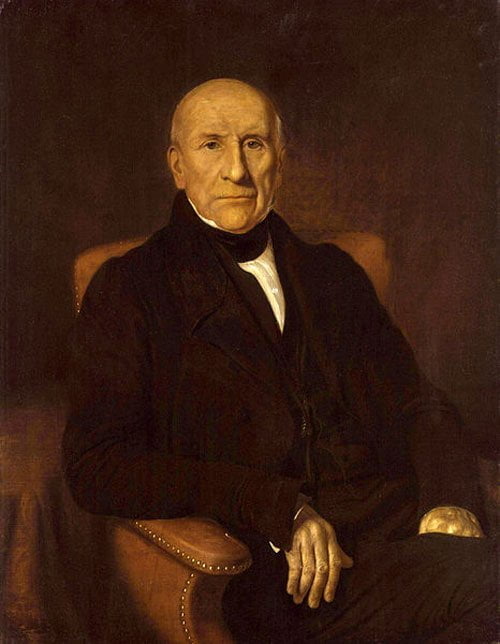Every year, the 30th of November is marked by Scots at home and abroad as St. Andrew’s Day. Alongside Burns Night, the day of Scotland’s patron saint is the highest ranking ‘national day’ that Scotland has. But this day is not restricted to Scotland alone. Among the countries where St. Andrew is celebrated is the Republic of Barbados, which marks its independence day on the same date. Doubtless several politicians and diplomats will toast and raise a dram to commemorate the historical ties between the two nations.
There are indeed several enduring historical currents that have swept Scotland and Barbados along in tandem. Scotland still has a visible legacy in Barbados, including a diaspora known as ‘redlegs’, the descendants of European indentured servants who were forcibly transported to the island in the 17th and 18th centuries. Many of these ‘redlegs’ can trace their ancestry back to Scottish political dissidents, including Jacobites who fought with Bonnie Prince Charlie at Culloden in 1745.
But the legacy of indentured servitude is dwarfed by that of plantation slavery. While some Barbadians may trace their ancestry back to an indentured Scot, far more will be able to trace it to an enslaved worker owned by a Scotsman, whipped by a Scottish overseer or even raped by a Scottish owner.
Slavery looms large over Scotland’s historical legacy in Barbados. In the 18th Century, slavery exploded across the Caribbean. Concurrent with this explosion came Scotland’s leap forward from a relatively poor backwater country to a wealthy one at the heart of a global empire; a transition made possible by Scottish participation in the imperial slave economy.
Whilst the shared day of St. Andrew might make for an uncomfortable time to raise this topic, it is exactly the time to do so. As is it the time to raise the spectre of the redlegs. Many in Scotland cynically misrepresent the transportation of Scottish political dissidents to Barbados as the ultimate proof to plead Scotland’s case of colonial oppression at the hands of England, absolving the country of its sins and saying ‘it wisnae us’.
Far from being in conflict, false and reactionary comparisons of indentured servitude to slavery allow us a better understanding. One defining word separates the two: human. Indentured Scots were, for all the abuse they suffered, treated and seen as humans. At the end of their period of service, they could go on to own property and own indentured servants of their own. Nor was any particular ethnic or racial group specially targeted for indentured service. This is a marked and striking difference from the institution of slavery, where enslaved Africans were treated as sub-human chattel to be bought and sold as property.
As a nation bereft of an independent state throughout the period of classical imperialism, Scotland’s historical role as an imperial power can be challenging to unwrap. Its uneven political and economic relationship with England warps this further and allows apologists or denialists for Scottish imperialism an opening through which to spread ahistorical misinformation.
Barbados is but one country from which Scots mass-extracted wealth under imperialism, wealth that still resides unevenly within Scotland to the cost of the so-called ‘Global South’. Glasgow and Edinburgh rose to be modern metropolises thanks to the heathy supply of profits from Caribbean slave plantations. It is not for nothing that Glasgow was christened the ‘Second City of Empire’.
Historic incidents such as the redlegs sat alongside plantation slavery can offer both a challenge and a remedy to our historical understanding of Scotland’s imperial past. Whilst some cynically present the former as equivalent to the latter, closer inspection allows historians to truly understand the horrors of plantation slavery and its explicitly racial dehumanisation of Africans transported to slave colonies like Barbados. Shared days like St. Andrew’s Day allow us the chance to reflect on these historic currents and highlight their continued legacy in the modern world.
Further reading:
The myth of Scottish slaves – Sceptical Scot
Slavery and the Slave Trade | National Records of Scotland (nrscotland.gov.uk)
Rediscovering Scotland’s Slavery Past: The Caribbean Connection edited by Tom Devine
Slaves and highlanders: Silenced histories of Scotland and the Caribbean by David Alston
Scotland, the Caribbean and the Atlantic World, 1750-1820 by Douglas Hamilton
Bought and Sold: Slavery, Scotland and Jamaica: Slavery, Scotland and Jamacia by Kate Philips
Mullen, S. (2022) Centring transatlantic slavery in Scottish historiography. History Compass, 20(1)
Devine, T.M. (2011) Did slavery make Scotia great?. Britain and the World, 4(1)


